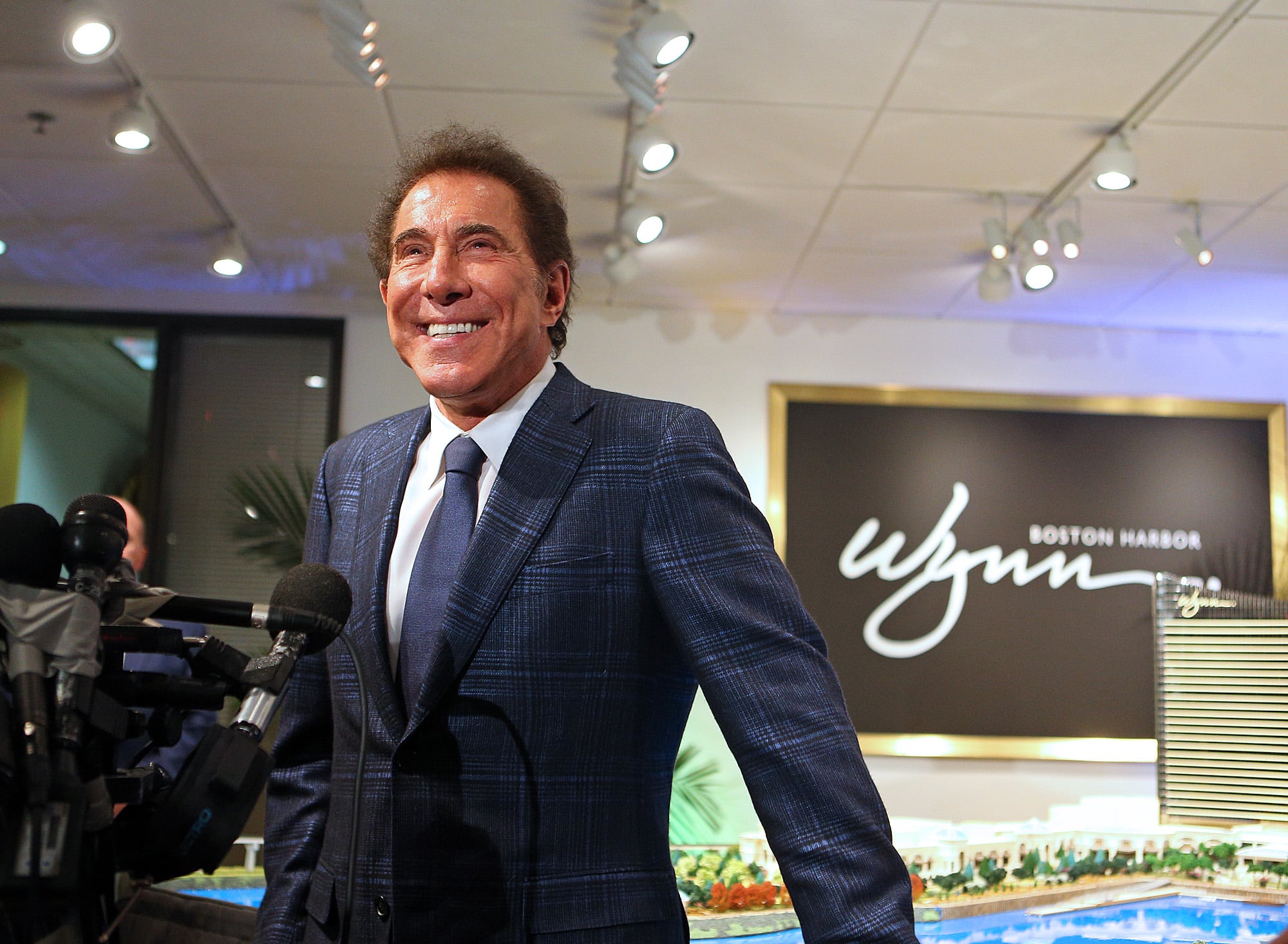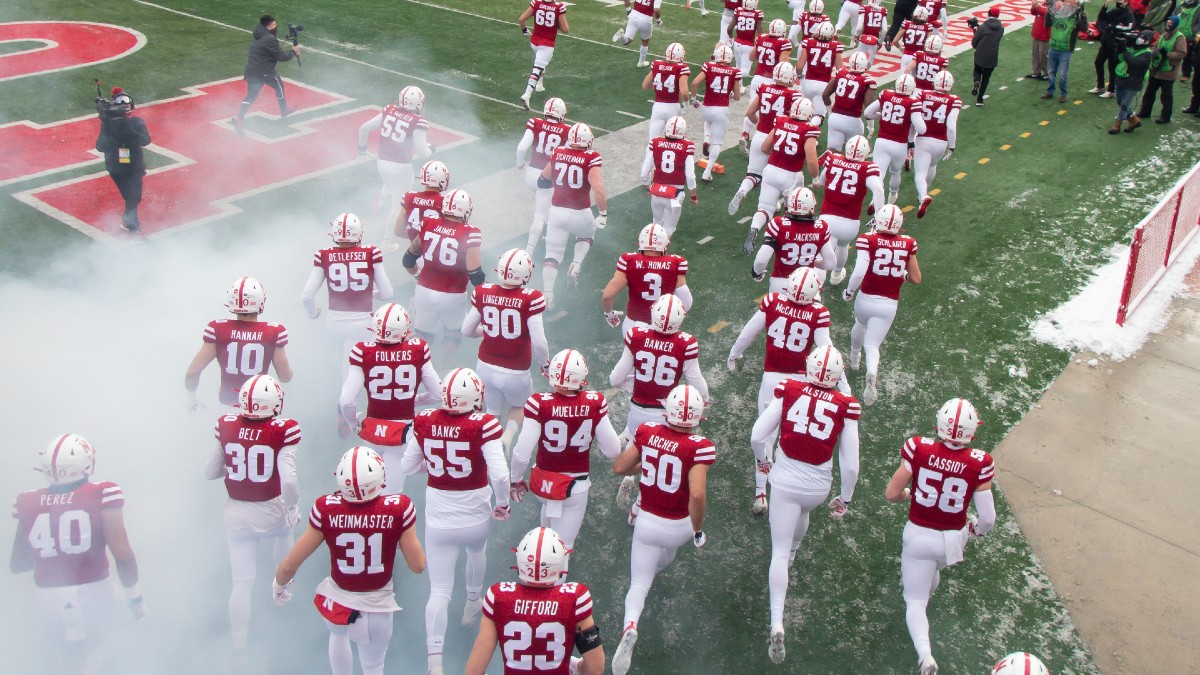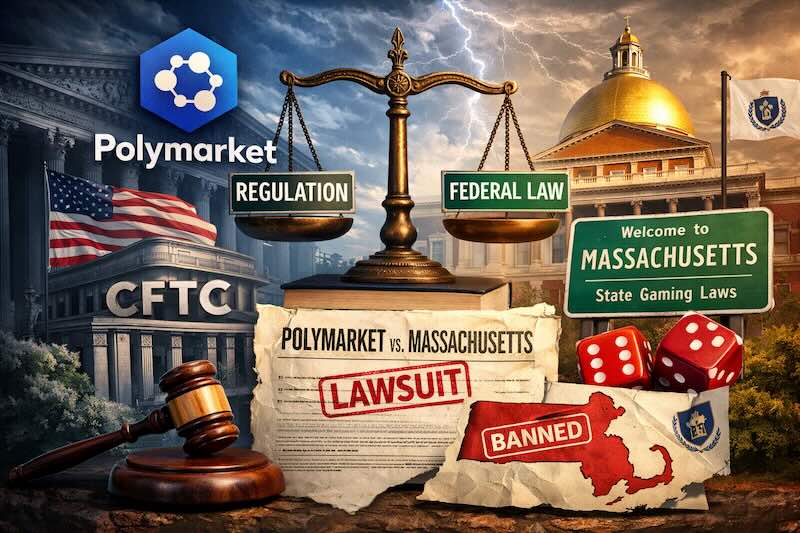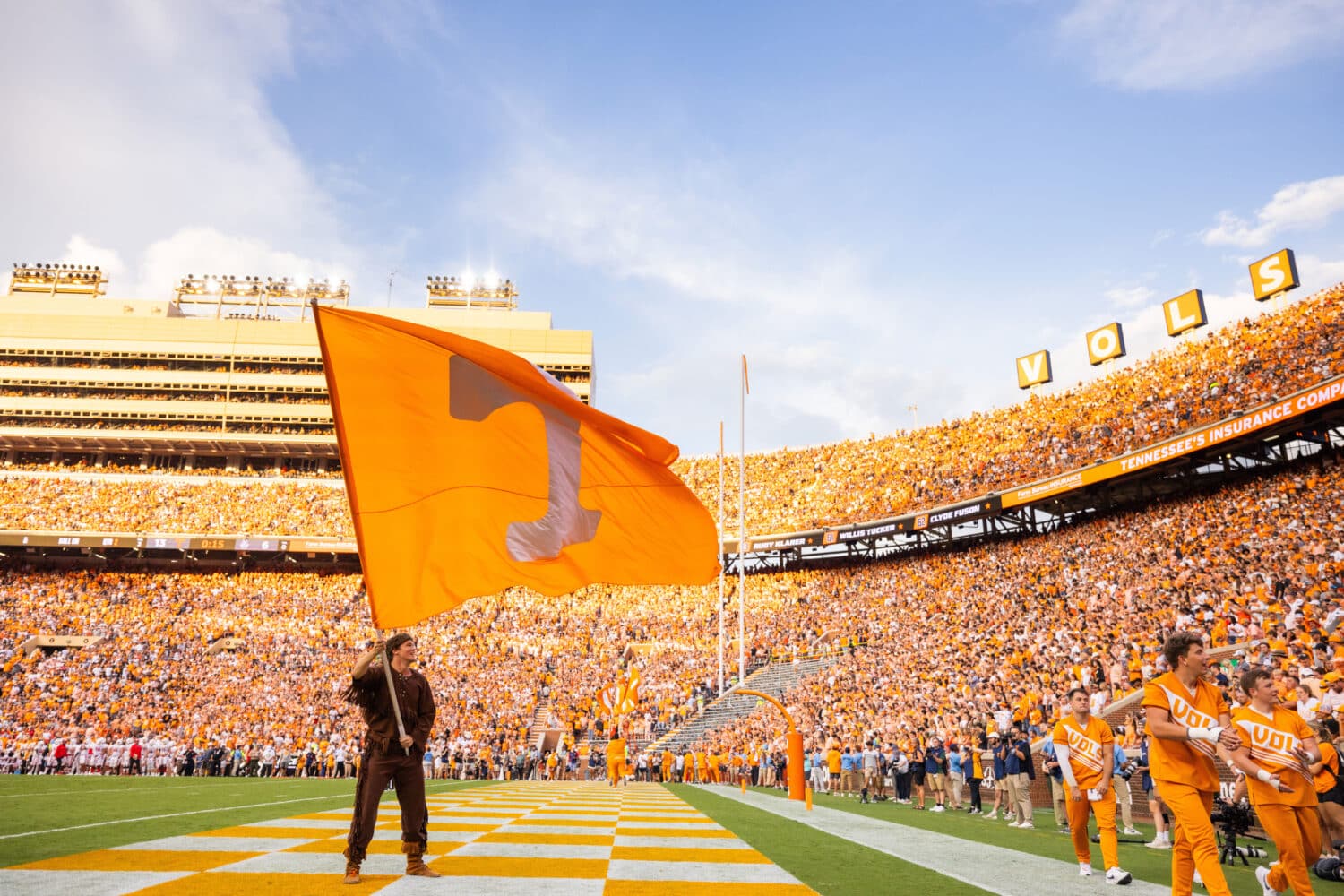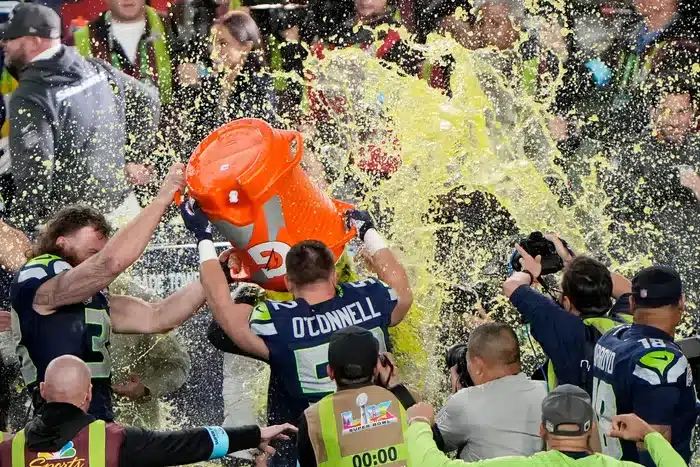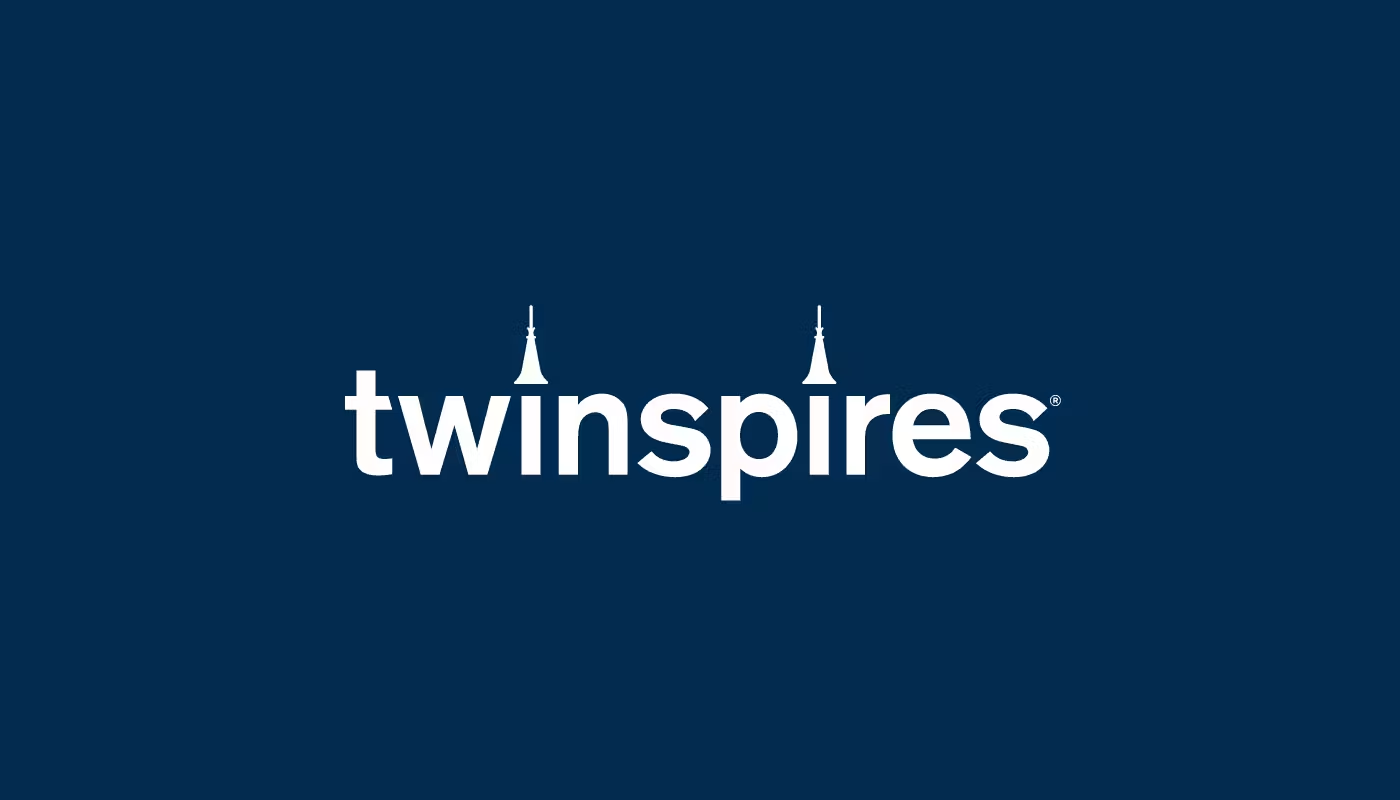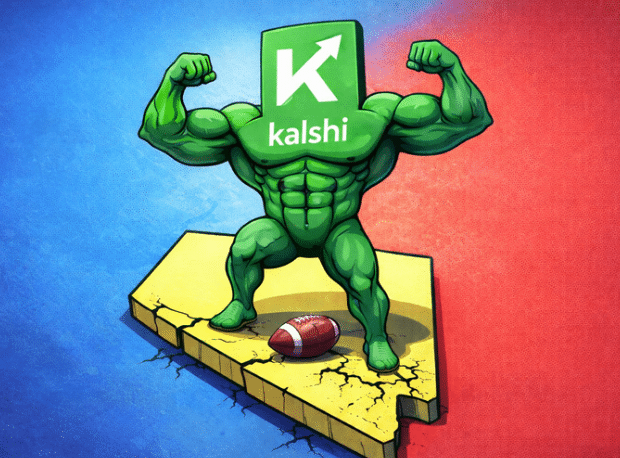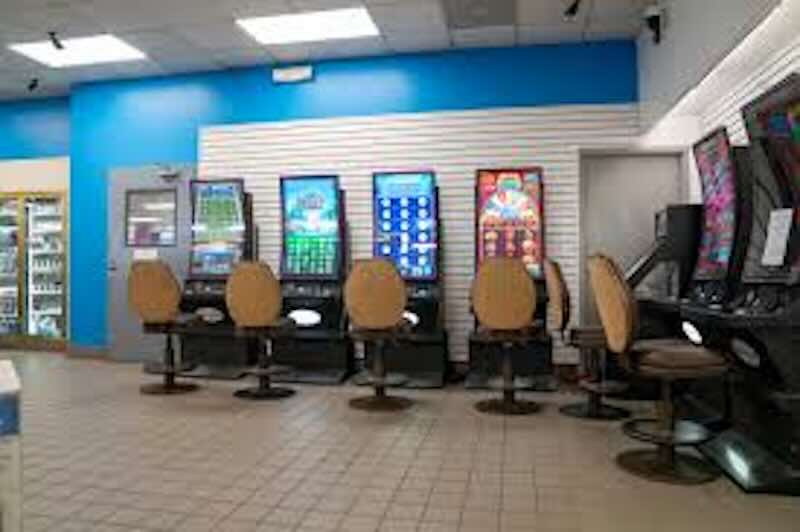
Fanatics: A sportsbook second mover
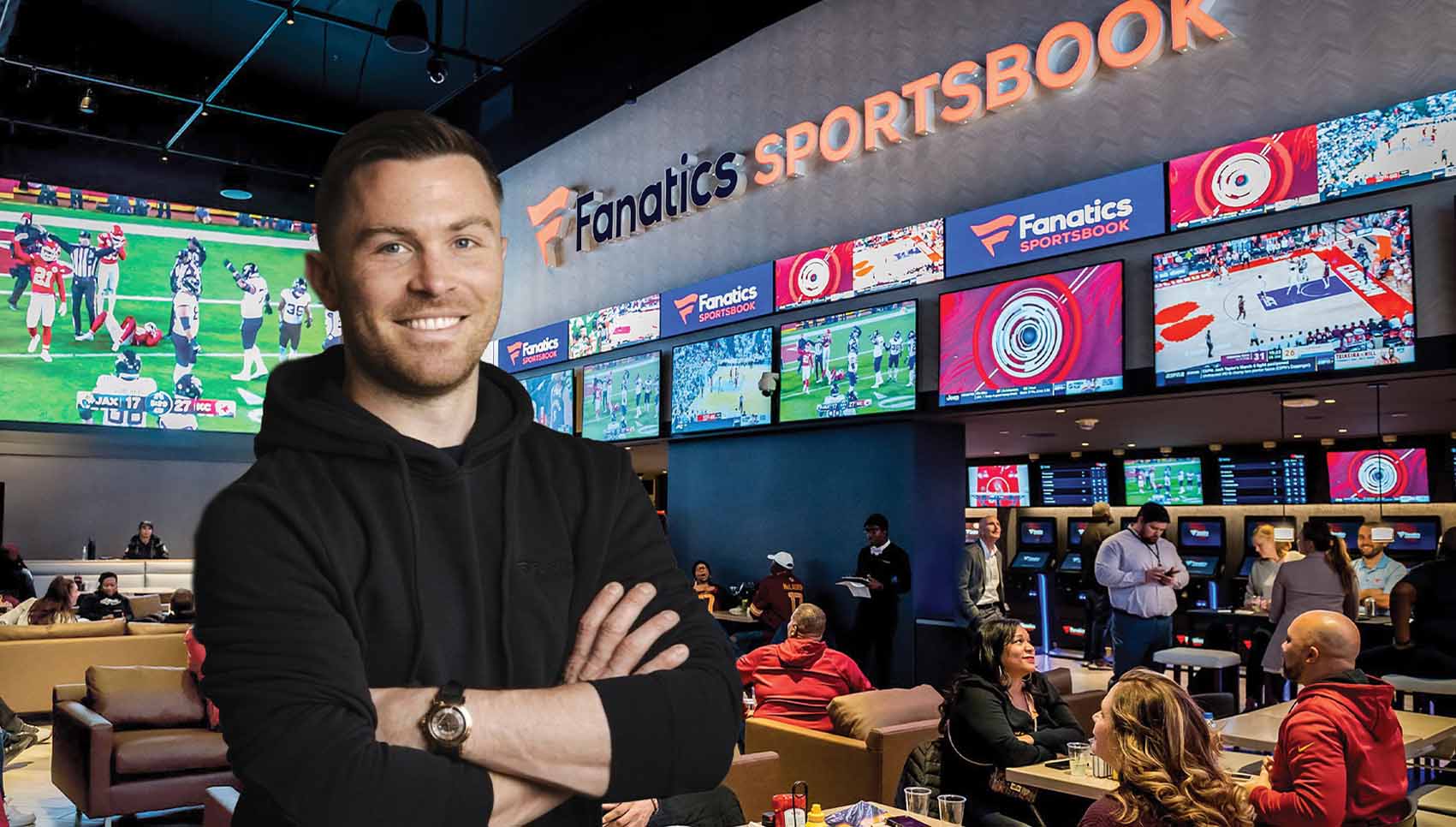
What steps were taken after the PointsBet acquisition to launch in New Jersey?
What we are most proud of with respect to the acquisition is two things. One, being able to integrate the odds and PointsBet technology in time for the NFL season. We announced the PointsBet acquisition in principle in the middle of summer. We were able to get the technology integrated by the NFL season, so that was the first big win for us. The other was migrating customers and shutting down PointsBet in states where they were live, and then onboarding those customers and launching Fanatics sportsbooks in those same states. Looking at most other migrations that have taken place in our industry, at least in the US market, it usually takes years. Our first migration of a PointsBet state was in October 2023 and we concluded in early May. We were able to do it in less than a year, which is an amazing success. Kudos to those involved.
Just how much of a focus was New Jersey for Fanatics, given its rich gaming history?
We always wanted to launch in New Jersey. With PointsBet, it made logical sense, given some of the complexity around infrastructure, to save that one for last. It’s obviously a very important state, a massive revenue state. In New Jersey, we wanted to make sure our app was in good shape. Customers were happy with the migration experience they were getting as they moved over from the PointsBet product to the Fanatics product in New Jersey. So we saved New Jersey for last – and for a lot of good reasons!
Is there a chance we’ll see an in-person sportsbook opened in New Jersey like in Connecticut and DC with the Commanders?
We understand that Fanatics in general has a heritage in sports that extends to brick-and-mortar locations as well as online properties. In our DNA, we’ve got several retail sportsbooks, the Washington Commanders, Columbus Blue Jackets, across the state of Connecticut, now in Illinois, Iowa, etc. We think expanding our retail footprint on the Fanatics Sportsbook side makes sense because it’s so interrelated with our brick-and-mortar commerce business. So, if there’s a partner or a deal to be had in New Jersey? Absolutely.
The entrepreneurial journey is not for the faint of heart. There are ups, downs, peaks and troughs. But we’re through the troughs, starting to ramp up and get into the zone of peaking
Fanatics mentioned that it’s on a ten-year plan for success in this industry. Where are you within that 10-year plan and are you on schedule?
Decade to decade, absolutely, we are on or ahead of schedule. When you look month to month, this stuff is hard. This is my second time doing this and it takes a lot of time. As much as you learn the first time, the markets have already moved away from you. The definition of parity is always 12 steps ahead. You constantly chase parity while also trying to differentiate.
One of the areas I think we are ahead in is how much the Fanatics brand and the Fanatics Loyalty program resonates with customers. Of all the things we’ve done, what we’ve had unanimously positive feedback about since we launched until now is our loyalty program.
Areas where we’re on track or behind are exactly where you’d expect, constantly trying to match the parity you see in the market. There are lots of innovations happening. We think that, by the NFL season, we’re going to be exactly where we thought we would be when we started three years ago.
I noticed the plan doesn’t have a focus on building market share. Is that because two operators split the majority?
Look at other industries like the credit card-processing industry. You look at American Express, Visa or MasterCard. AmEx has decided to carve out a specific area of focus in the card-processing space, built around premium and loyalty – something that feels more than just a card you use to buy things. I wouldn’t say that’s the perfect analogy for us, but as we think about our litmus test for success, it’s about profitability.
We don’t need to boil the ocean for the customers we’re looking for, like some other operators do. But when it comes to profitability, we do think we’re going to be very competitive from a market-share perspective. We’re not going to measure that by handle, because there are tons of ways you can manufacture high degrees of handle that inflate market share.
Looking at most other migrations that have taken place in our industry, at least in the US market, it usually takes years. Our first migration of a PointsBet state was in October 2023 and we concluded in early May. We were able to do it in less than a year
You’ve had experience with Penn Entertainment, specifically Barstool Sportsbook. Penn’s deal with ESPN, was that something you thought was possible for the company during your time there? How do you view Penn compared to FanDuel or DraftKings?
I think Penn had only one option and it seemed to be ESPN; ESPN had been looking for a partner for years. To see Penn and ESPN ultimately come together wasn’t super surprising. I think what makes ESPN interesting, especially relative to Fanatics, is it is not a gaming-endemic brand, either. It’s not a Penn, a Caesars or an MGM. With ESPN, looking at the media background, it’s very similar to the playbook Barstool tried to implement by getting into bed with Penn; it makes a lot of sense: Different audience, different brand, but same media playbook.
From our perspective, we’re just trying to stay in our lane and stay focused. We believe product will win the day. It’s a decade-long journey. Google wasn’t the first search engine, Airbnb wasn’t the first travel company; they just focused on building world-class products. Everything else takes care of itself, that’s been our motto.
Fanatics describes itself as a ‘second mover’ in this industry. Does that mean you took lessons from people who broke ground in the industry?
You nailed it. There are pros and cons of being a second mover. I would say the pros are exactly what you said: You can see what operators did right, what they did wrong. You then know a lot about what we did wrong and then you don’t replicate them. You also have a lot of time to make sure you hone your strategy the right way. We formed this almost three years ago now and for the first six to nine months, we didn’t do anything – just heavy research. What do customers like? What do they not like? How are they satisfied? What are their key areas of dissatisfaction? It allows you to take your time and make sure the bets you’re about to make and underwrite are the right bets.
On the flip side, the longer you wait to get to market, the more the markets move away from you. You have to do this parallel building of not replicating the mistakes of the past and making sure you’re focused on the right problems. But, by the way, the markets are now a year and a half further away from you from a parity perspective, so be disruptive! Bet on yourself, catch up. Those two things are easy to say out loud but hard to do when you’re making strategic bets on yourself.
We don’t need to boil the ocean for the customers we’re looking for, like some other operators do
You need to nail the core blocking and tackling. But, if you just do that, you’re still behind. So how do you maintain a good equilibrium between innovation or better basics? It’s not always been a straight upward linear journey. It’s been ups and downs as you’d expect. We’re at a point where we’re seeing the benefits of the innovative bets we’ve made, but we have also caught up a lot.
Gaming America is based in Las Vegas and we know part of why Fanatics, FanDuel and DraftKing don’t integrate themselves here: In-person sign-up requirements. Why is that a challenge for operators and why does it deter them from Nevada?
It’s a two-parter because, even at Penn, it was tricky to figure out Nevada. In-person registrations are one, but that’s actually easier for us to solve. We can do in-person registration at any of our retail locations if we need to, which would obviously constrain the market. But some states have opted for that.
There are other rules in Nevada for a sportsbook operator within the state borders. It requires an actual in-person infrastructural investment: Think having traders in Nevada, settling bets in Nevada. You’d have to do a cost-benefit analysis of it all: If you’re going to Nevada, you’d have to make sure you’re supporting the state in a very specific way. That means you have to have actual boots on the ground, so it becomes a dedicated investment, not just similar to some of the dedicated investments you need to have in New Jersey.
That’s always a cost-benefit analysis in terms of Nevada being a really big market. We’ve hired a lot of people from Nevada, but the next question would be how do you set up the infrastructure to do things in a way that makes the Nevada Gaming Control Board happy and satisfies the rules? That was it. That was a hurdle at Penn. For us, it might be different. I would say that, knowing Michael Rubin, we would very much want to have a Nevada presence at some point.
Are there any future plans specifically for New Jersey or in general for Fanatics in the next few months, especially leading up to football season?
I would say we are closing the gap rapidly. I think, from an objective standpoint, from all the research and data we see and what we hear from customers, we’ve come a long way since the beginning of the last NFL season. I think if customers are looking at our app for the first time, they’re going to be blown away by the amount of progress we’ve made.
The entrepreneurial journey is not for the faint of heart. There are ups, downs, peaks and troughs. But we’re through the troughs, starting to ramp up and get into the zone of peaking. As we do that, you’re going to start to see a lot more innovation in the types of bonuses that customers are getting, the quality of our casino experience, types of markets and combinability and pricing. We’re excited about the next 12 months because the last 36 months have been a hard grind to get to this point. Now, we’re ready to start pouring more gas on the fire and go on the offensive. We would say nothing specific, but in totality, we’re very much in the same conversation as the FanDuels and DraftKings of the world. And we see the tangible progress we’re making.
Tags/Keywords
Good iGaming content works like a well-balanced system. When the math, structure, and testing align, players can see exactly where the value lies.
Players trust our reporting due to our commitment to unbiased and professional evaluations of the iGaming sector. We track hundreds of platforms and industry updates daily to ensure our news feed and leaderboards reflect the most recent market shifts. With nearly two decades of experience within iGaming, our team provides a wealth of expert knowledge. This long-standing expertise enables us to deliver thorough, reliable news and guidance to our readers.
